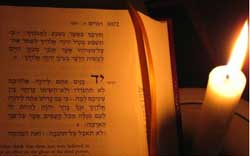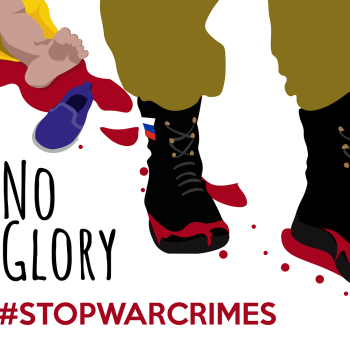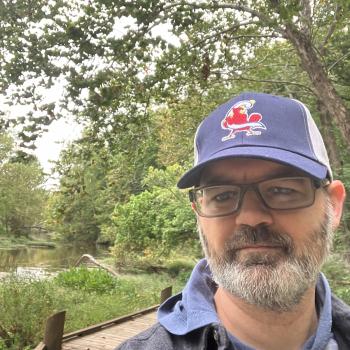Among other possible descriptions, John Welch (MA, BYU; Woodrow Wilson Fellow, Oxford; JD, Duke) is a law professor at BYU, a prolific Mormon scholar, responsible for the discovery of chiasmus in the Book of Mormon (and editor of a non-LDS volume on chiasmus in ancient texts), the founding of FARMS (now the Maxwell Institute, a clearinghouse of Mormon scholarship), editor of BYU Studies, former committee member of the Society of Biblical Literature's Biblical Law section, etc. His advice emerges from his long experience and reflections upon being a gospel scholar.
This article was first published at This People Magazine (Summer 1998, 42-56), and is reprinted with permission.
By John W. Welch
 Long ago, a friend came up to me after church and asked, "What should I read to become a scripture scholar? What books should I buy? What would you recommend?" He was sincere in his question, willing to actually put in some work and spend not only time but money. Ideas immediately began jumping into my head. But after an initial surge of exuberance, I calmed down to the sober task and asked myself, "What do I really recommend?"
Long ago, a friend came up to me after church and asked, "What should I read to become a scripture scholar? What books should I buy? What would you recommend?" He was sincere in his question, willing to actually put in some work and spend not only time but money. Ideas immediately began jumping into my head. But after an initial surge of exuberance, I calmed down to the sober task and asked myself, "What do I really recommend?"
Here is an attempt at a rough, but hopefully gentle and useful answer. This is not a dissertation, and these suggestions are not based on any empirical research or scientific theory of education. Here are just a few of the things that have worked for me.
Of course, if anyone is looking for a quick fix in becoming a gospel scholar, think again. How does one become a great musician? How does one become a scratch golfer? Doing anything well in life requires lots of love, work, dedication, and consistent attention to the task. It helps to have some native talents, but more important is a love for the subject matter. It is always this way in life. No one will ever do really well at something that they do not love doing.
Becoming a gospel scholar is more than just knowing things in your head. It's becoming a part of the subject, and letting the subject become part of you. It's a different process than straight academic scholarship, with its detachment and impersonal nature. Gospel scholarship requires both a good mind and a good heart.
I know many people who are good scholars, and I know many people who are great at understanding the gospel. Several are actually great at both. But obviously the two don't necessarily go hand in hand. In fact, it can be quite difficult to get head and heart together. To me, it is like trying to play the violin. It takes two hands, one to finger the strings and the other to draw the bow. Either hand alone can do a little, but only when each contributes and works harmoniously together is it possible to produce violin music. This is not, however, to say that all good music is violin music.
As the editor of BYU Studies over the past seven years, I have thought long and hard and almost daily about the characteristics of good LDS scholarship. In my view, all of the following characteristics are equally essential in the sphere of gospel scholarship: competence, thoroughness, honesty, accuracy, harmony, unity, charity, fairness, humility, and dedication. The objective of gospel scholarship is to embrace as a whole the fullness of all that we may know, through the use of all of our faculties, both spiritual and intellectual.
To a gospel scholar, truth is like any other tool: it can either be used to build up or to tear down. Thus, truth alone is not the objective of a gospel scholar, because knowledge and truth -- until put to some purposeful use -- remain morally inert. At the same time, a gospel scholar knows that, no matter how well intended or motivated, building on a sandy foundation will ultimately lead to collapse.
Basic Study Habits
So much for the general theory. What about the day-to-day reality? Becoming a good gospel scholar requires good gospel study habits. There is no getting around at. Maybe someday someone will learn how to download another's brains into someone else's brain computer, but for the time being we all must learn the hard way, one idea at a time. Here are a few suggestions that anyone can try.




